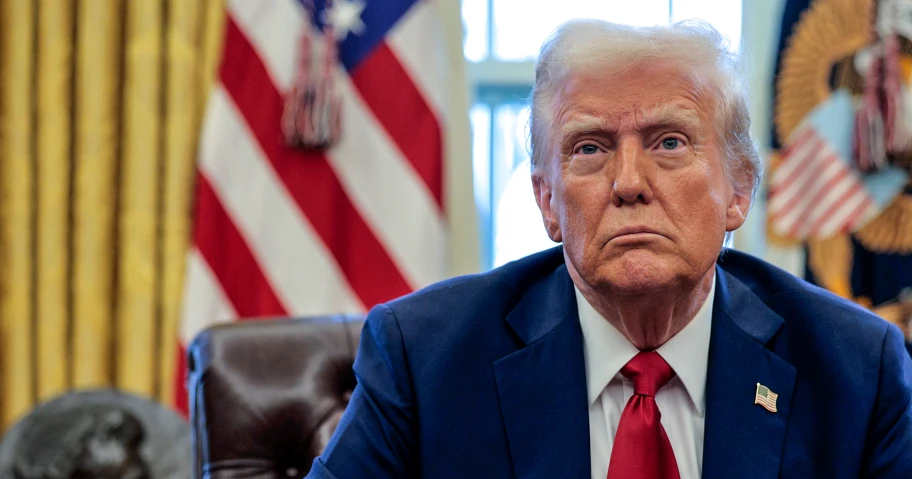In a memo to the Pentagon on Friday titled “Identity Months Dead at DoD,” Defense Secretary Pete Hegseth wrote that military departments and Defense Department staff are no longer allowed to dedicate official resources and man-hours to celebrating events related to cultural awareness months.
The Friday memo initially listed certain months, like Black History Month, Women’s History Month, Asian American and Pacific Islander Heritage Month and Hispanic Heritage Month, but was updated Saturday to include a ban on using official resources to celebrate Pride Month, too.
Democratic National Committee members are gathering in National Harbor, Maryland, today to elect new leadership, including a new chair; a new vice chair for civic engagement and voter participation; three new vice chairs, a new treasurer, a new secretary and new national finance chair.
There are eight candidates for chair, including Minnesota Democratic Party Chair Ken Martin, Wisconsin Democratic Party Chair Ben Wikler, and former Maryland Gov. Martin O’Malley. The new chair will succeed outgoing Chair Jaime Harrison.
The White House said Friday that President Donald Trump would impose a 25% tariff on goods coming to the U.S. from Canada and Mexico and a 10% tariff on those from China on Saturday, a move that could drive up prices for products coming into the U.S. from those countries.
Trump had said he would issue those tariffs on the first day of his presidency, then said on Inauguration Day that the tariffs would be put in place on Feb. 1. White House press secretary Karoline Leavitt told reporters on Friday that Trump would carry through on that Feb. 1 deadline.
Trump said Friday that there was nothing that the three countries could do to avoid the tariffs, which he said were in response to the import of fentanyl into the U.S. and because the U.S. has a trade deficit with the three countries. The U.S. is considered to have a trade deficit with those countries because it buys more goods and services from them than it sells to them.
The tariffs could increase how much U.S. consumers and businesses pay for goods coming from Canada, Mexico and China — including electronics, toys, shoes, fresh produce, lumber and cars. Tariffs are paid by companies importing goods into the U.S., similar to a tax.


